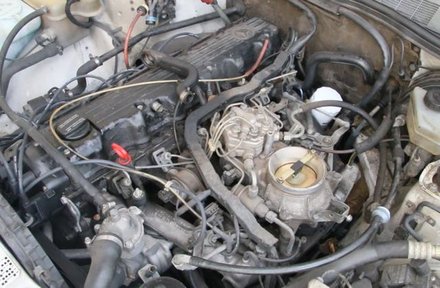We get asked this all the time from our customers. This is not an exact science so there is no right answer. Compares to asking someone to give you a recommendation on what candidate to vote for in the next election!
Problem & Solution
Here are some general givens:
1. Follow the manufactures recommendations to the letter if the car has 100,000 miles or less. Almost all newer cars now use synthetic motor oil and some require very thin viscosity oil.
2. Older diesel engines need to use a diesel engine specific oil such as Chevron Delo or Shell Rotella.These oils have special additives that help slow down deterioration of the engine oil due to combustion gases entering the crankcase
3. Use high grade motor oils with a good reputation (ie. like Mobil One ). Don't buy cheap motor oil.
Here are some of Kent's opinions:
1. As the engine ages, you can increase the viscosity of the oil and change it more often. This begins to really become important when an engine gets over 150,000 miles on it. Go to a 10W40 oil in the winter and a 20W50 oil in the summer. Change oil every 3000 miles. Oil is cheap as opposed to major engine work. As the engine ages, wear gaps get bigger and more contaminants get by the piston rings. Oil needs to be thicker and needs to be changed more often to adequately protect the engine.
2. If an older engine has over 120,000 miles on it and has been using regular motor oil do not switch to a synthetic oil. I will not hurt the engine but you may find you have more engine oil leaks. Synthetic has an uncanny ability to wick by worn seals and gaskets.
